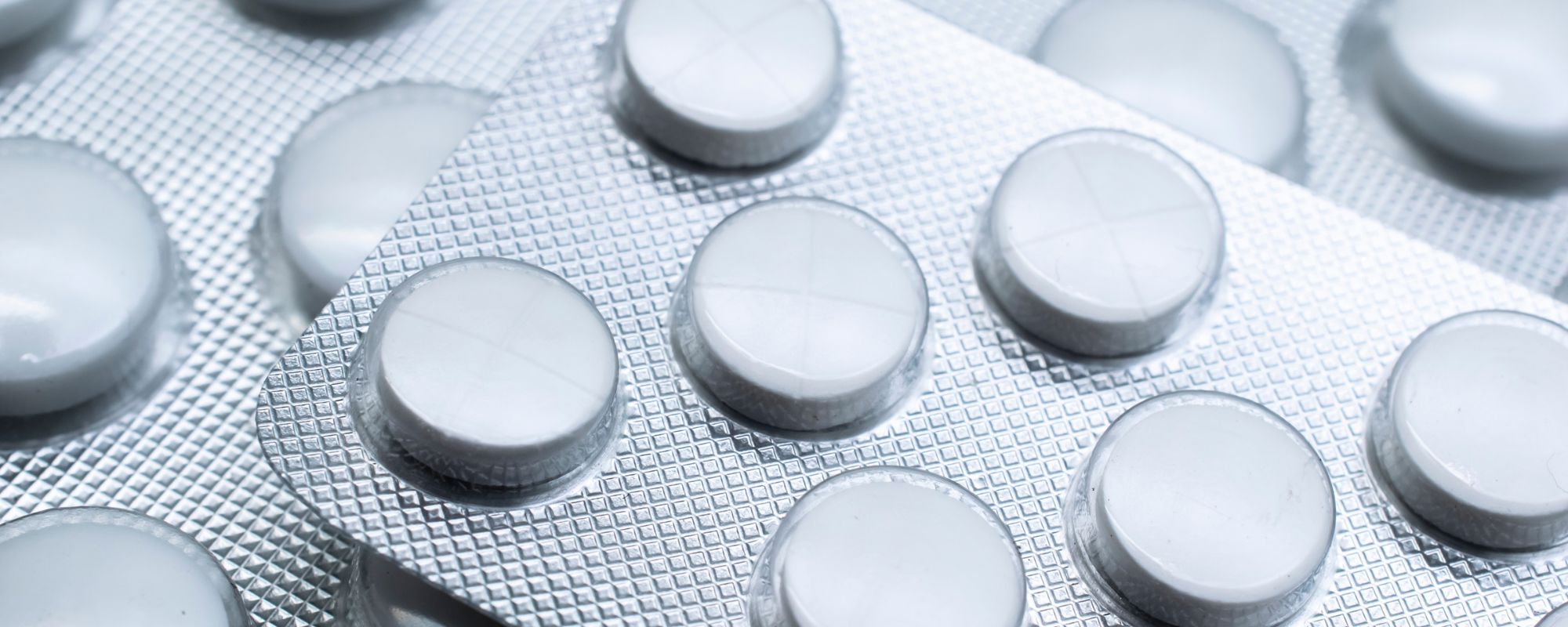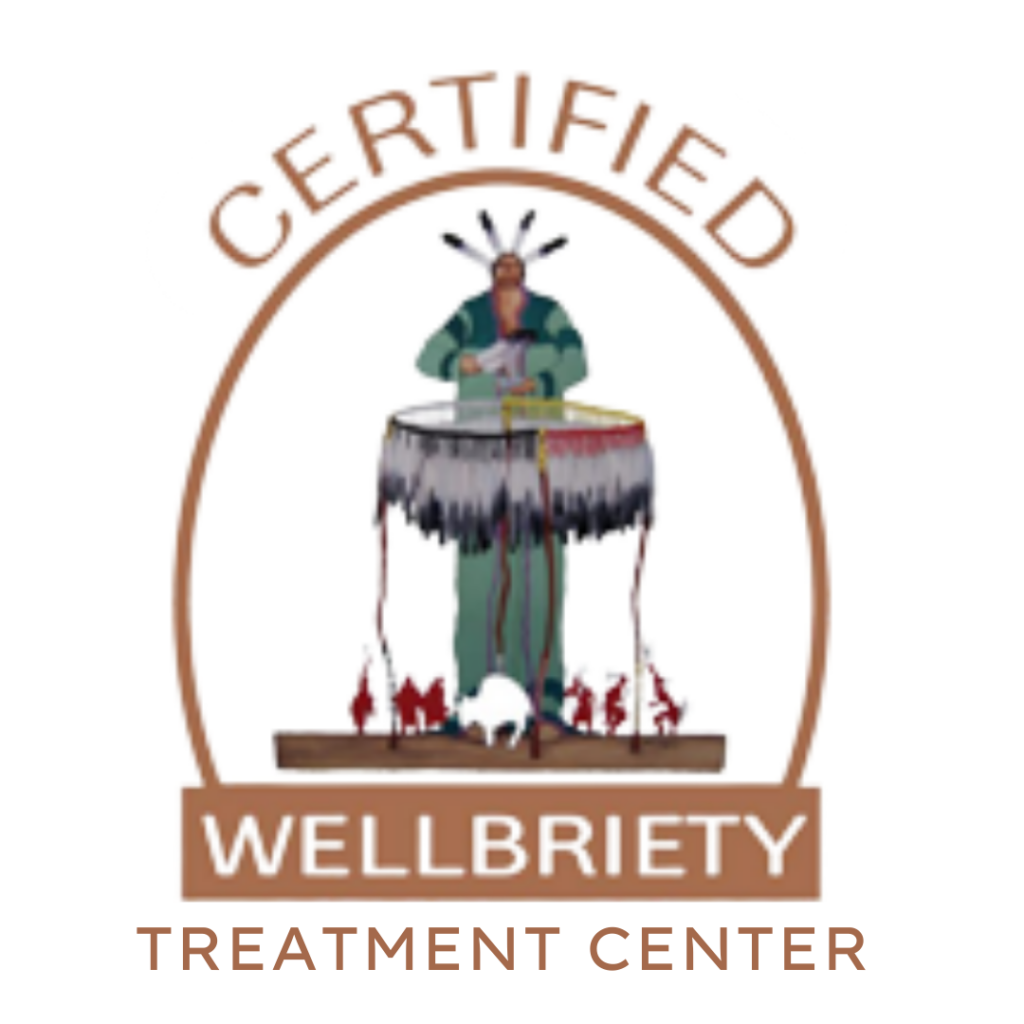Many addiction specialists and others in the recovery community say that your first 90 days in recovery are the most important. You need to practice the coping mechanisms you learned in addiction treatment, to help you get through any hardships in early recovery. The first three months following substance abuse treatment are often the most trying and when most relapses tend to occur. That doesn’t mean that you are automatically in the clear once you hit the 90-day mark. You have to keep the recovery alive to prevent relapse and stay sober long term.
Most IOP/aftercare programs tend to be around three months in duration, so what you do for your recovery will become even more up to you when you’re no longer required to attend group. Lasting sobriety starts with what you do on a daily basis because everyday actions become habits and patterns.
Nurture your support network
Remember: you can’t do this on your own. It’s normal to feel happy and confident in yourself once you’ve been sober for a stretch of time, but you can’t stay clean if you rely on yourself alone. Maintain your relationships with sober friends and family members who are positive influences. Regularly reach out to your sponsor.
Keep going to meetings
When you believe that you’re in control of your life, it can be tempting to skip out on meetings. When you begin working or going back to school again— and if you have a long or oddly-timed scheduled— you may even feel justified skipping them. Don’t let something as simple as tiredness stand between you and doing what you should be doing for your recovery. Local 12 step meetings are held daily, multiple times per day, and typically last just an hour, so you don’t really have an excuse to not attend one at least weekly.
Continue to work on your coping mechanisms
If you catch yourself having risky thoughts or if you’re just feeling “off” for whatever reason, don’t ignore your thoughts or feelings. Revisit your coping mechanisms and determine whether they are appropriate ways of dealing with different situations. Are you dealing with risky thoughts by going to meetings or talking to someone? Or are you isolating yourself and pretending that nothing is bothering you?
If your coping mechanisms are healthy and are working for you, continue to rely on them. If they aren’t helping you manage your emotions and actions, work on modifying them with your counselor or sponsor.
Remind yourself why you’re sober
There’s a reason— maybe more than one— why you sought treatment, and there’s a reason that you’ve been sober for three months. When you think about your sobriety, what comes to mind? What would you lose if you relapse? What would you have to rebuild? Continually reminding yourself of all the reasons you got sober to begin with can help you stay committed.
It’s important to remember that you’re going to have bad days. Everyone does. You’ll experience cravings, you’ll lack the motivation to go to meetings, and you’ll probably question whether it’s all worth it (it is). A bad day doesn’t mean that you’re doing things wrong or that you’ve made a mistake; it means that you’re only human and that tomorrow will be better.
Also keep in mind that attitude is everything. Making the conscious decision that you’re going to turn the day, however it started, around is key to actually turning the day around.
Detoxing from drugs and alcohol is the first step in recovery from substance abuse. Royal Life Centers at the Haven is a full-service medical detox facility that treats dependence on cocaine, methamphetamine, benzodiazepines, opioids, and alcohol. Our admissions team is available 24/7 at (877)-RECOVERY to answer any questions you may have about our program.
























